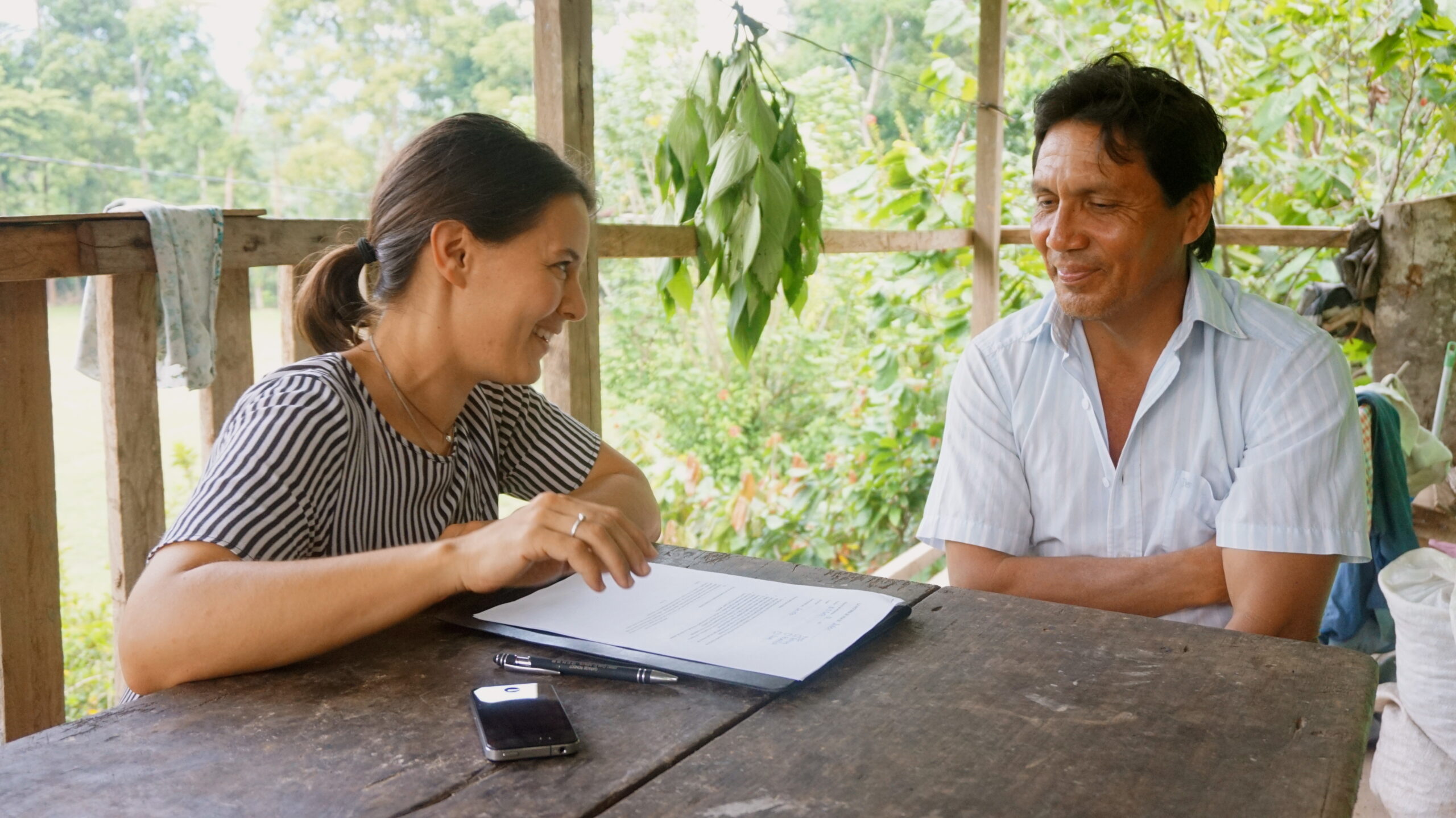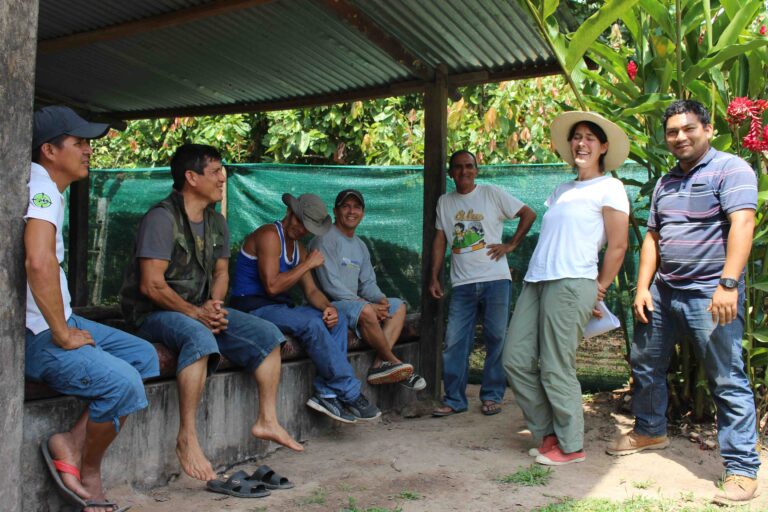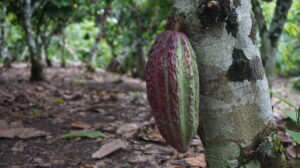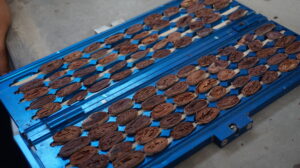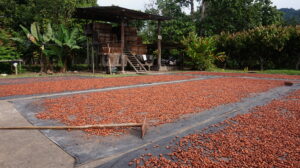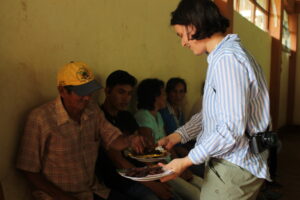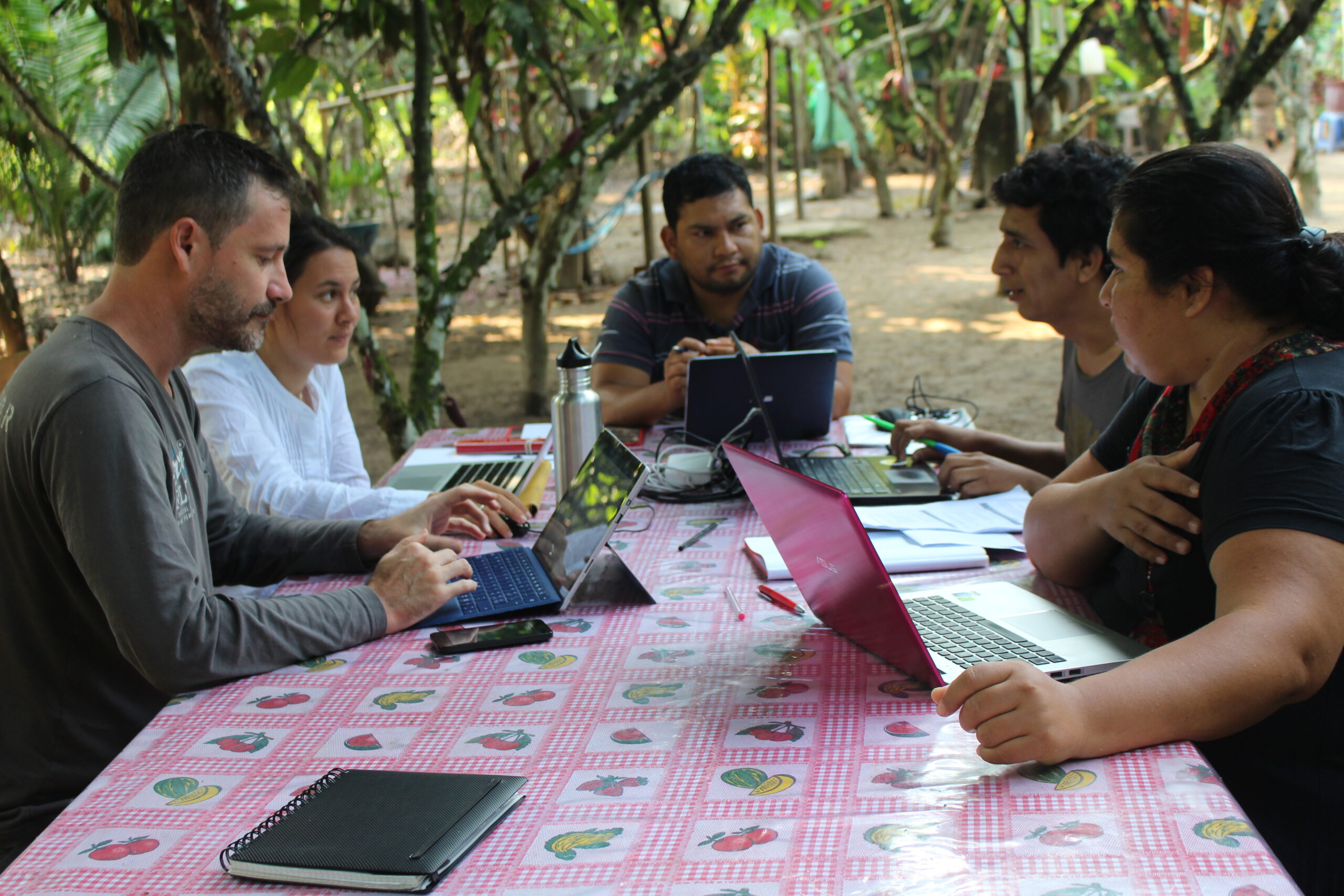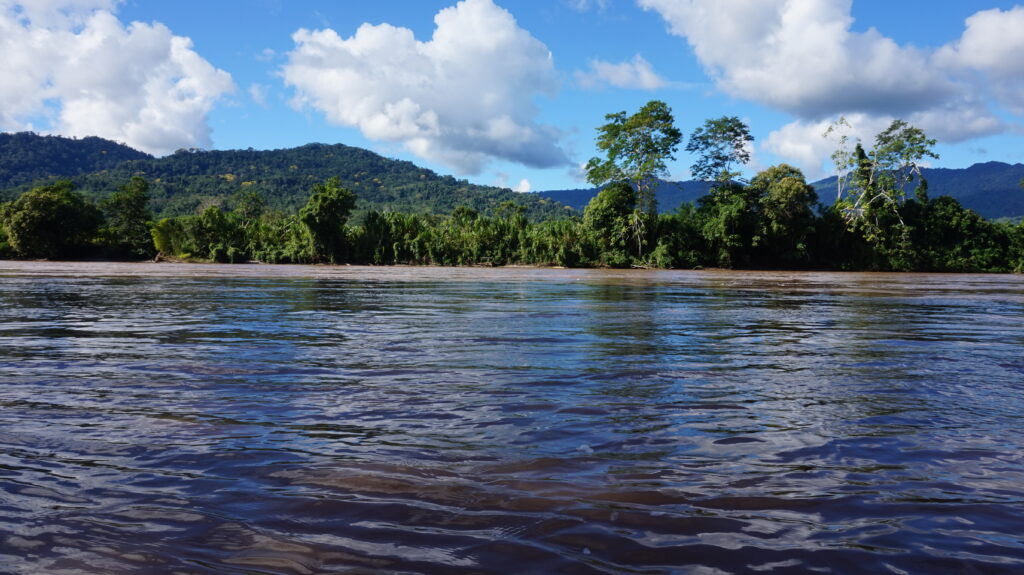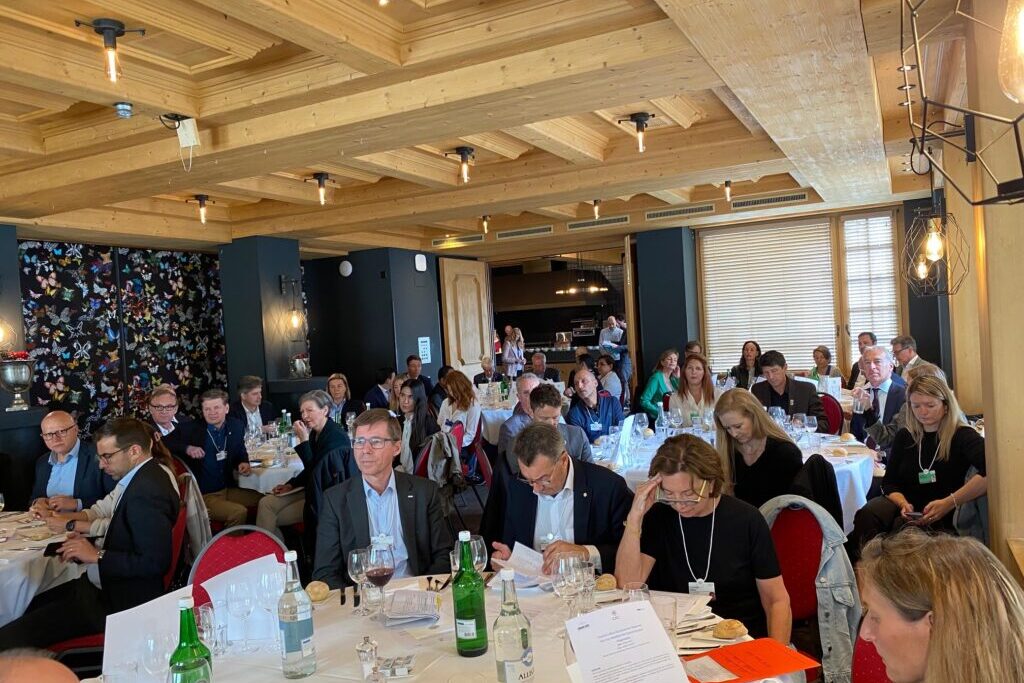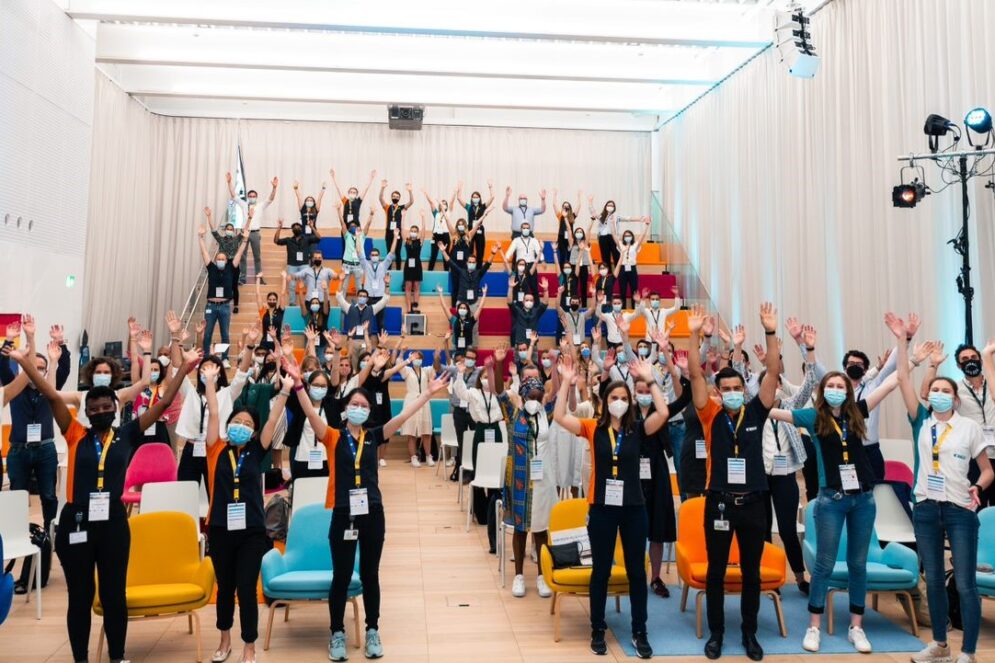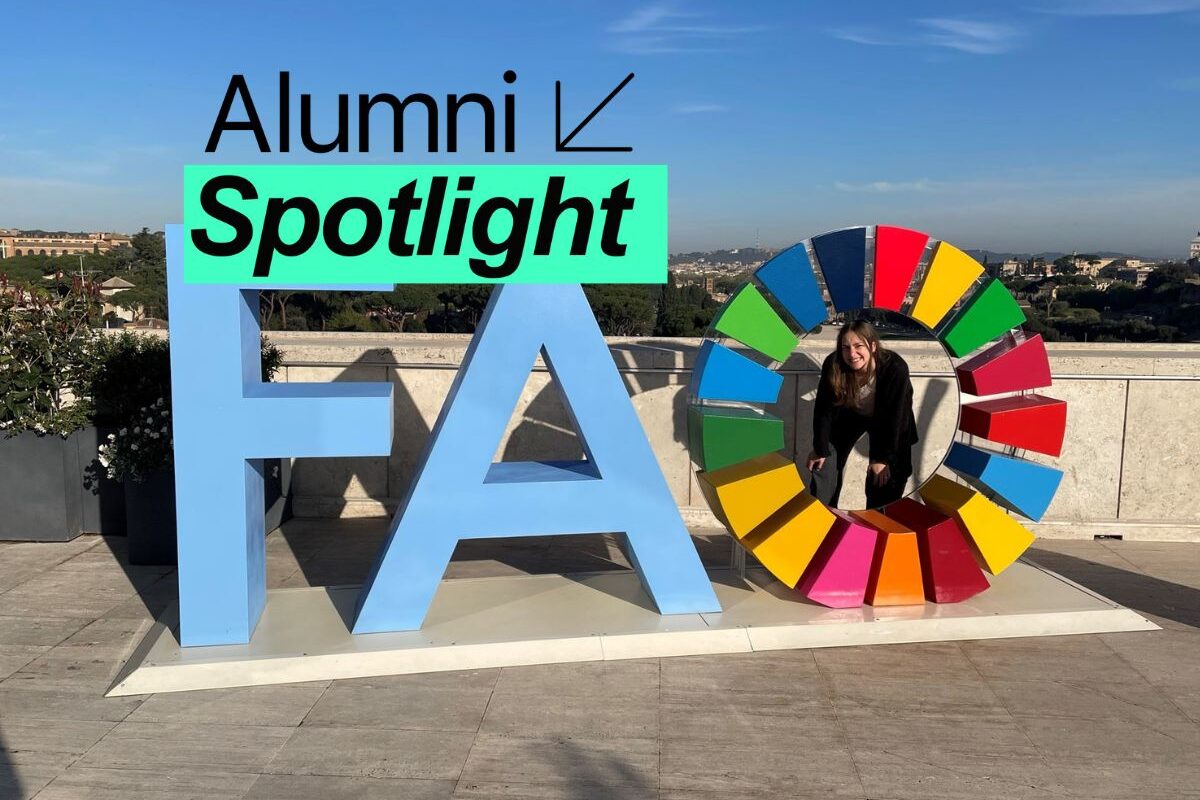For more than six months now, I have been living and working with a community of small cocoa producers in a remote area of the Peruvian Amazon. This unique experience in the middle of a tropical rainforest is an integral part of ETH Zurich’s Master of Advanced Studies in Development and Cooperation – a program that I am currently assisting. Instead of working with an established NGO or public development organization, like my fellow students, I decided to join a young social chocolate start-up that aims to turn the current chocolate industry upside-down.
In 2015, a group of 36 cocoa farmer families in the Alto Huayabamba valley in the lowlands of Peru joined hands with two European chocolate professionals founding Choba Choba. Based in Switzerland, the sustainable chocolate company’s key shareholders are cocoa farmers. The project aims to substantially enhance the cocoa price farmers receive. It also hopes to improve their livelihoods and recognize their efforts by giving them a more powerful voice in the chocolate industry. Prototyping a new business model, the program aims to ensure the long-term environmental sustainability of the cocoa fields; primary forests in the region; and raise consumer’s awareness for the huge social and environmental challenges present in the global chocolate production process.
Choba Choba is more than just another Swiss chocolate company; it includes a farmer cooperative in Peru, as well as an association unifying the overall venture. Through a number of key activities it hopes to improve the sustainability of cocoa production systems through the promotion of original “nativo” cocoa varieties; further development of the still young cooperative; and the empowerment of the farmers and local teams ultimately to increase capacity.
My main task during my stay in Peru is to develop and install a comprehensive impact measurement system that allows continuous monitoring of the venture’s activities and its short- and long-term social and environmental effects. In the first months of my assignment, together with the farmers and the team, I developed Choba Choba’s, “Theory of Change,” which describes and analyzes the fundamental social problems that we want to solve, our vision of an ideal chocolate world, and a proposal for a concrete solution of how we might get there.
In a second step, I developed the impact measurement system’s structure with six key indicators and respective sub-indicators and a methodology for the data collection. Now, in the third part of my assignment, I am gathering comprehensive data in farming communities in order to obtain a baseline study that will serve as a point of reference for a future impact analysis.
Spending time with the farmers in their remote communities, I have come to know the challenges of their daily lives. Working together to further develop the project has been a unique and precious personal experience. I have learned a lot about organic cocoa production and complex agroforestry systems, as well as, the challenges of building up a new farming cooperative. More importantly, the people have shared many incredible life stories with me. I have been touched by their stories – narratives of a childhood and youth spent in poverty and violence. Their stories include two decades of coca production fraught with terrorism. They have shared with me their worries and their dreams of today, as well as, their hopes for tomorrow.
The small villages in this region can only be reached by a three-hour boat ride from the small jungle town Juanjuí on the banks of the Huallaga River.
Public services in such remote communities are very limited. Working under these conditions has been a challenge for me, but it also allowed me to experience what it means to live in a marginalized region – one almost forgotten by their own state. I have been impressed by the high degree of solidarity among families. I have also enjoyed receiving deep insight into community life – with all its joys and problems – and establishing many warm friendships with the farmers. There were many late afternoons spent swimming and fishing in the river and enjoying the natural beauty of the rainforest, as well as some great celebrations.
Right now, Choba Choba is promoting its “Nativo Project” with the aim of investigating and promoting the cultivation of old original cocoa varieties in the region. More information and a special promotion of its chocolate.
Crowdfunding Campaing of Choba Choba.
Carole Nordmann is a social anthropologist by background, but is currently undertaking a Master of Advanced Studies MAS in Development and Cooperation at Nadel, ETH Zurich. She is spending nine months in the Alto Huayabamba valley in the Peruvian Amazon with the social chocolate venture Choba Choba. Her main task is the development of an impact measurement system for the project.


